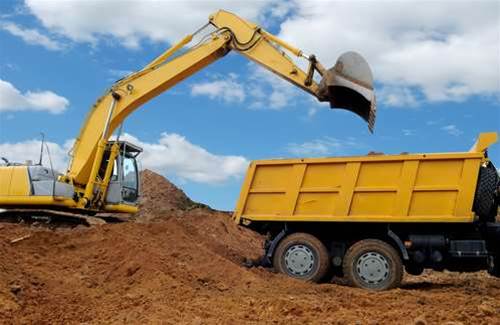An upcoming IT replacement inside Queensland’s Department of Environment and Heritage Protection (EHP) is expected to improve its oversight of the state’s mining and waste disposal businesses, while at the same time allowing it to reduce its workforce by as many as 38 staff.

Last year the Department completed a business case and cost benefit analysis for the replacement of Ecotrack, a poorly used and mistrusted database designed to record which sites it had checked each year and whether they were up to scratch in terms of environmental regulations.
According to a report tabled yesterday by the Queensland Auditor-General, Andrew Greaves, replacement of the system could result in savings of $3.1 million every year for the Department by 2017-18, partially through the reduction of staff needed to run compliance operations by 38 FTE positions.
In a report criticising the compliance monitoring practices of the state’s two main environmental regulators, the Department of Environment and Heritage Protection (EHP) and the Department of Natural Resources and Mines (NRM), Greaves suggested that resources companies were getting off the hook when engaging in environmentally poor practices because agencies are not able to target hot-spots of non-compliance or share information.
“The limitations of the Ecotrack system has been a major causal factor on EHP's capacity to monitor and report on its own effectiveness in regulating the environment,” the report concluded.
The system is supposed to provide a single source of truth that tracks where the EHP has conducted site checks and publishes the results of compliance audits.
The audit found that staff are just as likely to store this sort of information in paper files based around any number of regional offices, or in spreadsheets saved to individual staff PCs.
As a result, staff lack confidence in the compliance activity data that Ecotrack produces, the Auditor found.
He said that without information on who has and hasn't been checked and whether clusters or patterns of non-compliance were emerging amongst the resources industry, the regulators were effectively operating in the dark and risking the health of the environment and Queenslanders as a result.
The dual regulating agencies – which perform similar checks on the same organisations regularly – are also missing huge opportunities to improve efficiency simply because they tracked businesses using different identifying codes, the report said.
“We found that regional EHP staff did not know whether financial assurance required for environmental authorities they regulated had been requested and received by NRM and, if so, the amount held,” the report said.
“Because EHP and the Department of Natural Resources and Mines (NRM) do not coordinate their efforts, both departments’ coverage of the resources industry is unnecessarily constrained."
“The inability of both departments to assess risk effectively, and to target and coordinate their resources appropriately reduces confidence for the community that the environment is protected and standards have been met,” the report said.




_(20).jpg&h=140&w=231&c=1&s=0)






 iTnews Executive Retreat - Security Leaders Edition
iTnews Executive Retreat - Security Leaders Edition
 iTnews Benchmark Awards 2026
iTnews Benchmark Awards 2026
 iTnews Cloud Covered Breakfast Summit
iTnews Cloud Covered Breakfast Summit
 The 2026 iAwards
The 2026 iAwards












_(1).jpg&h=140&w=231&c=1&s=0)



